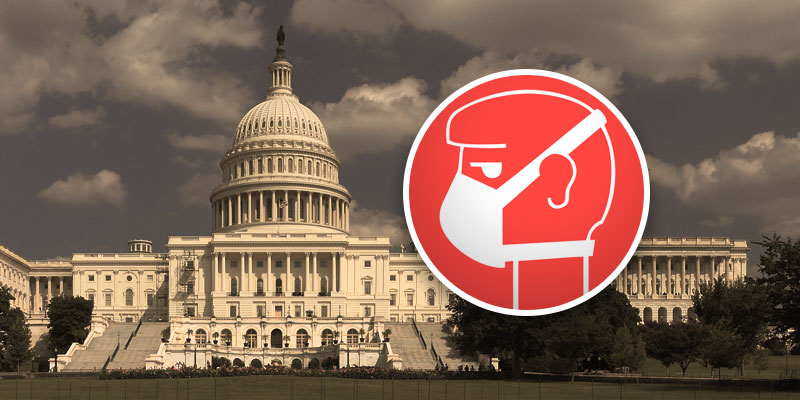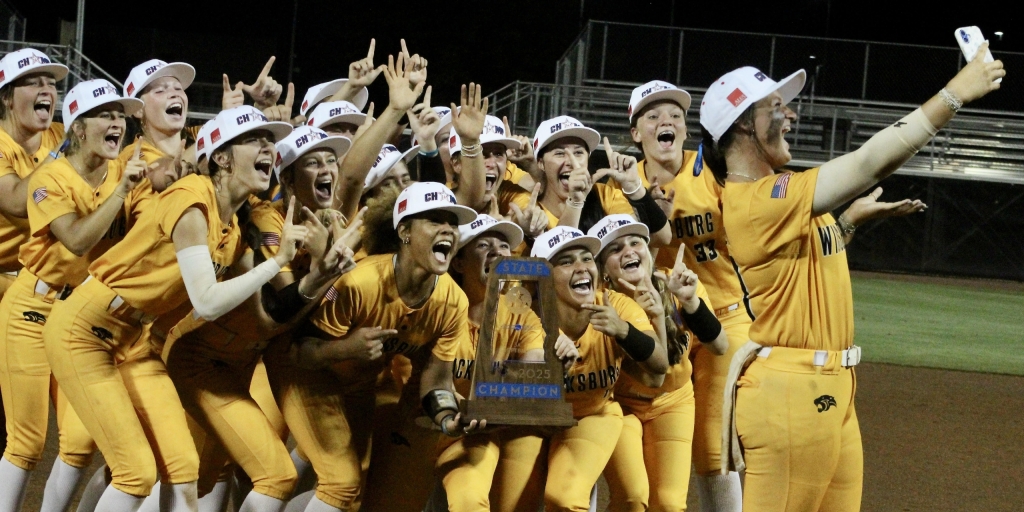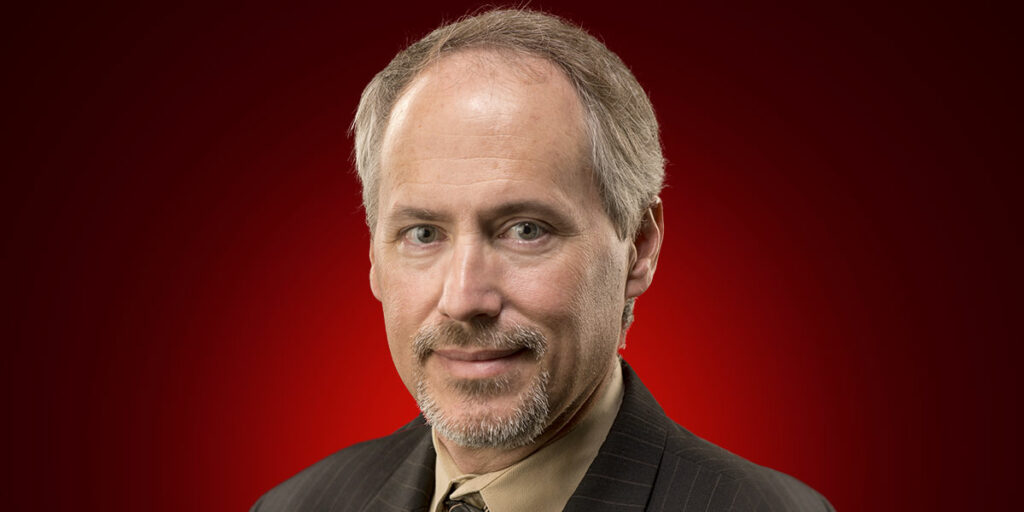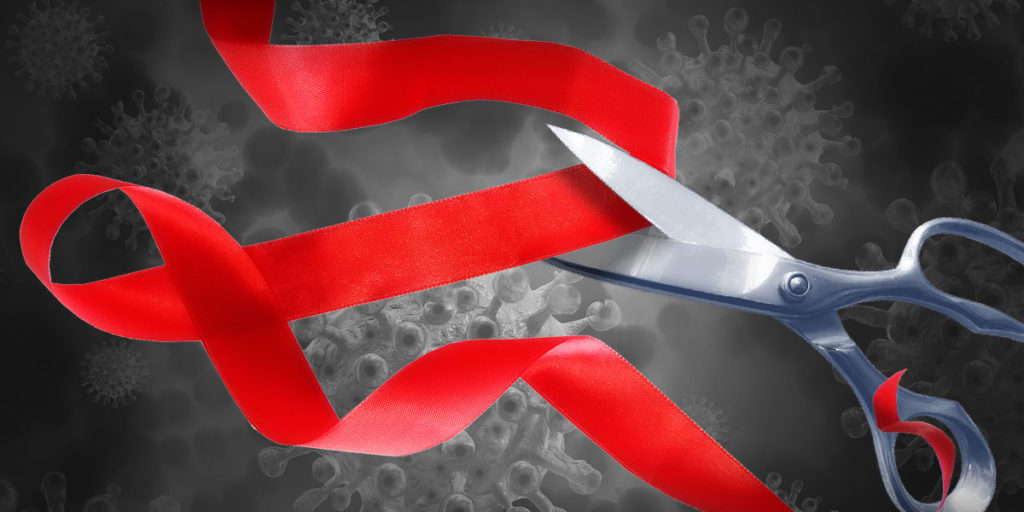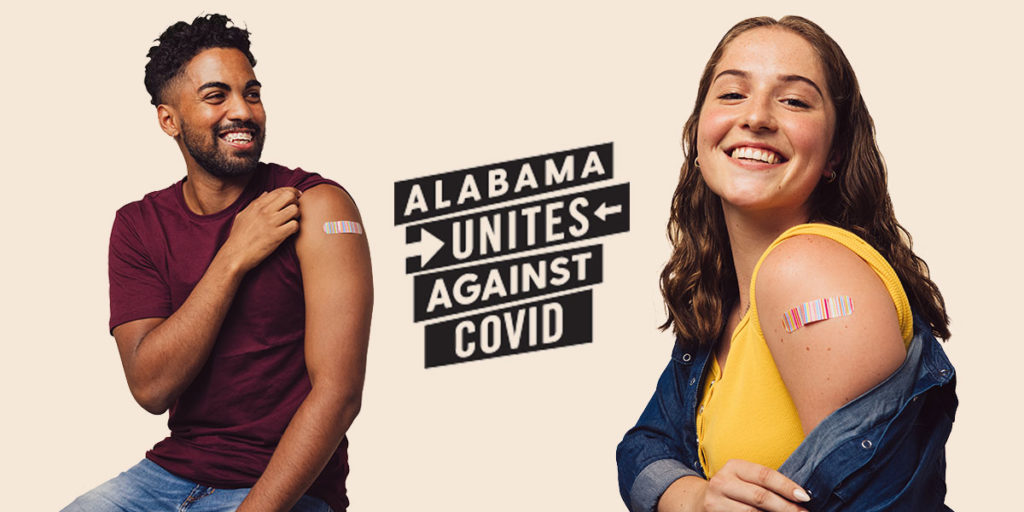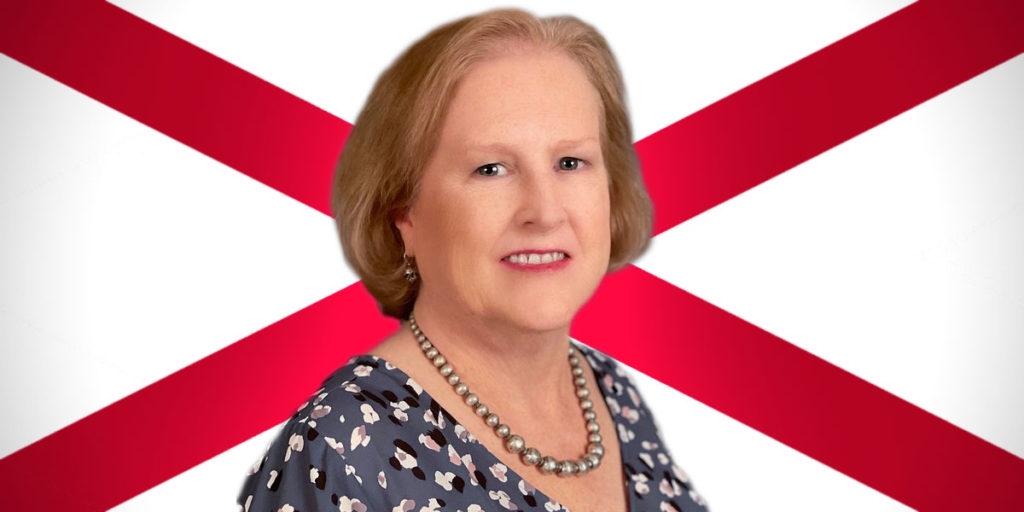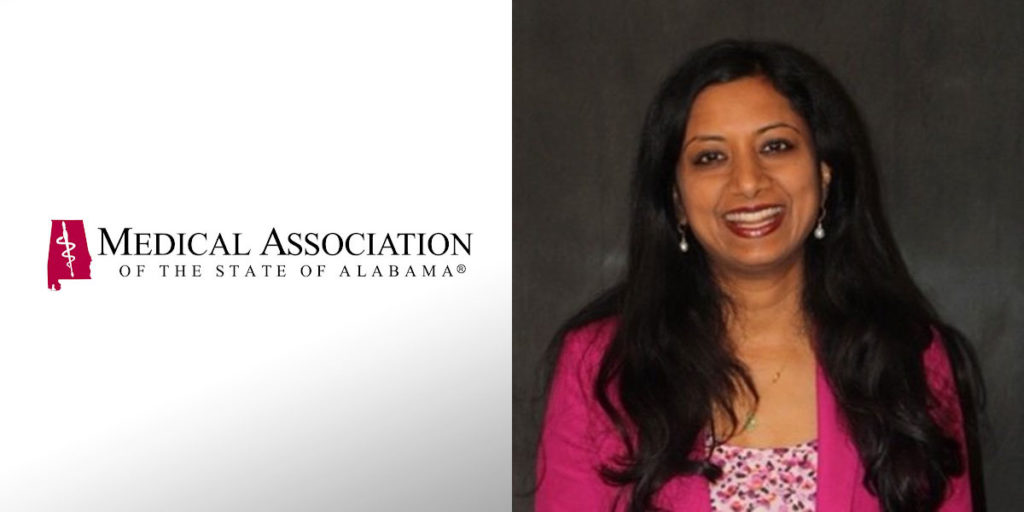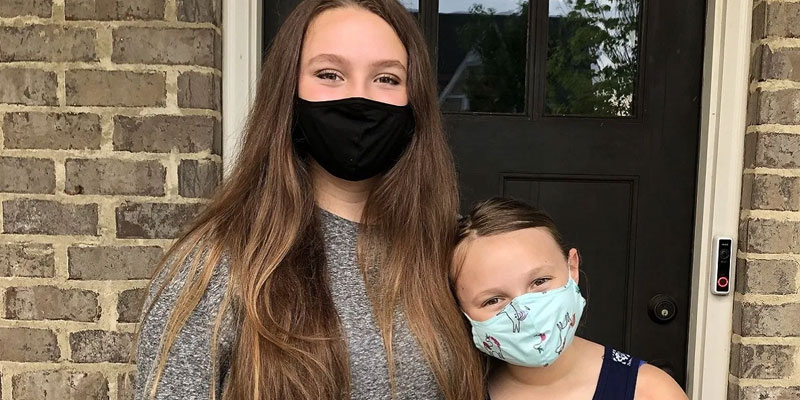Governments have implemented a range of unprecedented policy measures to slow the spread of the SARS-CoV-2 virus. Whether “non-pharmaceutical interventions” have slowed infections or produced health benefits exceeding their enormous cost are important questions. Today, I will consider whether these emergency measures will permanently diminish our freedom.
The policies of the COVID-19 lockdown were not without historical precedent. Cities closed restaurants during the 1918-1919 Spanish Flu pandemic, quarantines have been imposed, and schools occasionally close due to the seasonal flu. Yet, stay-at-home orders confining persons who are neither sick or have been exposed to the sick are unprecedented, as are open-ended business closures and checkpoints at state borders.
I do not mean that the current restrictions on life will never be relaxed. When the COVID-19 pandemic ends, either through an effective vaccine or treatment or we reach herd immunity, sports and concerts will resume and schools will fully reopen.
Economic historian Robert Higgs laid out the “Ratchet Effect” of crises on the growth of government in “Crisis and Leviathan.” The crises of the 20th Century, most significantly the two world wars and the Great Depression, massively reduced our rights and freedoms. Freedom was compromised by World War I’s draft and the internment of Japanese-Americans. The draft was not to defend against invasion or rebellion, as during the Civil War, but to fight on another continent. Internment jailed citizens without probable cause of participation in espionage.
Economic freedom took an even greater beating. Washington ran the economy largely by command during the wars. The Great Depression’s state foreclosure moratoriums and Franklin Roosevelt’s abandonment of the gold standard obliterated the Constitution’s contracts clause. Since the 1930s, government has had virtually unfettered discretion to regulate business.
The Ratchet Effect does not deny the reality that government shrinks after a crisis. President Harding slashed spending and taxes in the early 1920s, and markets began directing most economic activity again after World War II. Government just never goes back to its prior size and never relinquishes powers first exercised during an emergency, remaining permanently larger.
Explaining the Ratchet Effect is harder than it appears. One seemingly easy answer is that politicians never give up power. Yet this does not quite suffice. How did we manage to ever restrain power-hungry politicians, and how does the crisis rob us of this ability? The crisis might let the government genie out of the bottle, but how did we ever get the genie in the bottle?
The government might remain larger after the emergency because citizens recognize the value of previously prohibited powers. Americans might want a government capable of the Manhattan Project to tackle societal problems and challenges. We have a ratchet, but only small government libertarians will object.
Will Americans demand our freedoms of travel, association, religion, and commerce back after COVID-19? And if so, will we regain our freedoms?
Professor Higgs’ thesis offers little optimism. “The great danger,” he writes, is of crises “depriving us at all times of the very rights the Constitution was created to protect.” Libertarians widely accept Higgs’ thesis and consequently deny that conditions ever require emergency action. Law professor Richard Epstein projected in March that COVID-19 would produce perhaps 50,000 deaths globally with perhaps 2,500 in the United States.
Political economists I believe do not fully understand all the ways citizens can constrain politicians. In America most people voluntarily comply with most laws, from stop signs to income taxes; governments relying exclusively on coercion seem weak. We can vote politicians out of office and bring them to justice for breaking the law. If we better understood the enforcement limits on government, we might realize how to put the genie in its bottle.
“Crisis and Leviathan” provides a solemn warning for the post-COVID world. To reclaim our freedoms, we must to insist on clearly defined limits on our governments’ ability to declare public health emergencies.
Daniel Sutter is the Charles G. Koch Professor of Economics with the Manuel H. Johnson Center for Political Economy at Troy University and host of Econversations on TrojanVision. The opinions expressed in this column are the author’s and do not necessarily reflect the views of Troy University.




